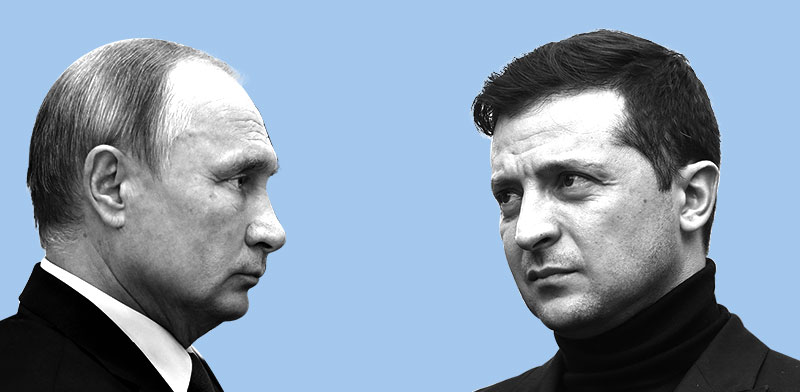If there is one thing that is completely clear today, as it has been clear to date, is that there is almost no room for comparison between Russian military forces and Ukrainian ones – neither in scope, nor in economic investment, nor in military readiness for war. Simply put: it just is not forces. Although Ukraine is the third largest country in Europe, in almost every other respect it is hardly outstanding compared to other European countries.
Despite the preliminary threats of sanctions, and despite the sanctions against Russia that will surely come in the coming hours and days, if it has not been clear so far – it is Ukraine and not its aggressive sister from the East, where the economy is eroding fastest under the threat of war.
Even before Russian forces rolled into rebel-held areas in the east of the country and Russian President Vladimir Putin recognized the independence of the separatist region, Ukraine was already the biggest loser from Russian aggression.
The British Center for Economic and Business Research (CEBR) estimated this month that the conflict with Russia cost Ukraine $ 280 billion in lost gross domestic product between 2014 and 2020. An amount that is expected to climb dramatically this year following the Russian invasion.
The threat to Ukraine’s economy, which has only escalated in recent weeks, has led to a halt in investment, the flight of Western executives from the country, a massive withdrawal of money from banks – this threat is part of a key Russian tactic in undermining Ukraine’s stability. Anyone who just wanted to look straight at Ukraine in recent weeks, could see that we are watching the accident in slow motion, with a tragic end known in advance.
